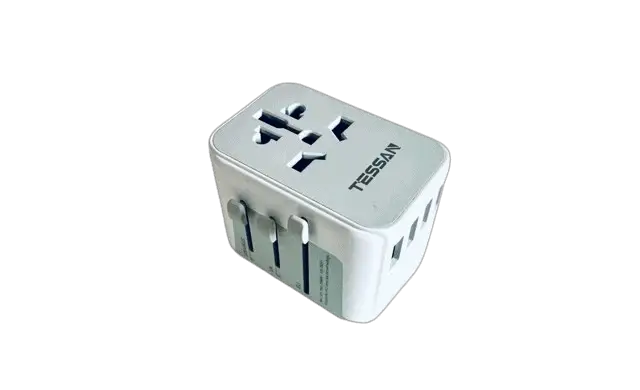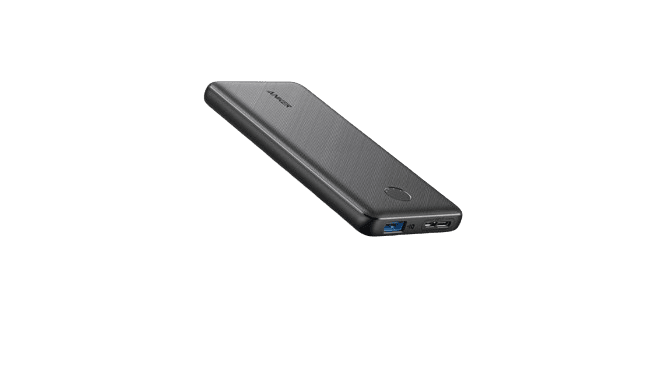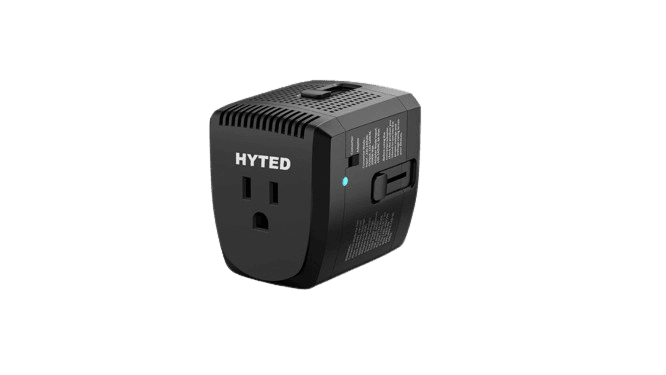If you watch videos about Japanese food or if you watch anime regularly, you have probably noticed that they always say the phrase “itadakimasu” before eating something. I found this quite interesting, so I did some research to find out why Japanese say “itadakimasu”.
The Japanese say “itadakimasu” before eating because it shows extremely polite manners. There are three reasons for saying “itadakimasu”: as a way of saying grace, as a way to say “let’s eat” to start the meal, and finally, as a habit.
In the next paragraphs, I’ll explain these reasons, the meaning of “itadakimasu”, how to pronounce it, and a little bonus subject (what to say after eating). Let’s dive in!
What is The Meaning of Itadakimasu?

“Itadakimasu” is the polite version of “itadaku” (頂く), a verb that means “to receive”. There’s no true equivalent in English, but “itadakimasu” can be roughly translated to “I humbly receive” or “I’m about to receive”.
“Itadakimasu” is formed by “itadaku”, which is the verb “to receive”, plus “masu” which is the polite form. You can find “itadakimasu” written like いただきます or 頂きます. The first is written only in hiragana, and the second is a mix of kanji + hiragana.
The word “itadakimasu” implies thankfulness and has its origins in giving thanks to the gods, but its use is relatively recent and began mostly in the 20th century with the Showa era.
It is related to the Buddhist principle of respecting all living things, but it is not perceived as a religious practice. It is more like a way of living and behaving, just like religion in Japan. (If you want to know more about Japan’s religion, you can check my article How Japan Religion Works: 7 Facts Everyone Should Know)
Hey, check out these recommendations I have for you!
Before going any further, take a look at some of the recommendations I've handpicked for you. I think these are essential items you should have on your trip to Japan. You can check them out and buy them directly from Amazon.

|

|

|
| A universal travel adapter | A 10,000 mAh power bank | A travel adapter and converter |
“Itadakimasu” is used to thank animals and plants that gave their lives, so you could eat, but also to thank all the people involved in getting you the food. As you can see, it has a profound meaning of appreciation.
I guess you could say that “itadakimasu” is like the French phrase “bon appétit”, but you don’t say “itadakimasu” to a Japanese person if you’re not eating. You could say “bon appétit” to someone who is eating in front of you, even if you’re not eating too, but in Japan, you should never do it. Doing so in Japan can be perceived as if you were asking the person to share their meal with you and this is really awkward, especially if you say it to someone you don’t know.
Do Japanese Really Say Itadakimasu?

Most Japanese do say itadakimasu before eating, but the reasons for doing it have changed over time. Although a lot of Japanese still use itadakimasu to say grace, the younger generation uses itadakimasu as to say “Let’s eat” or simply as a habit.
Insider tips for your Japan trip. Quick, easy, and free!
I Want This
Since Japan is undoubtedly a country that mixes the new and the old, it’s kind of difficult to have a clear “yes or no” answer to the question “Do Japanese really say itadakimasu?”.
I asked this question in several forums, and the answers varied greatly according to age and geographic location. This was a small sample of the Japanese, but I guess that it is fair to say that more often than not the Japanese use “itadakimasu” before eating something. On the other hand, the reasons for doing it vary a little.
I identified mainly three reasons for saying “itadakimasu”:
- To say grace
- To signal the start of the meal
- As a habit
When the Japanese use “itadakimasu” as saying grace, it has the profound meaning of thankfulness we saw above. People that use it this way will even say it when they are eating alone and there’s no one listening. In this case, it can be said silently. This use of “itadakimasu” is practiced mostly by older people, traditional families, or in the rural areas of Japan.
Some Japanese might use “itadakimasu” just like Americans use “Let’s eat”. In this case, it is used as a way to signal that you can start eating. When eating in a group in Japan, it is very important to wait until everyone is served before you start eating because it shows respect (and the respect of others is extremely important in Japan). The use of “itadakimasu” to indicate that the meal can start, still shows good manners, and it’s practiced mostly in the urban areas of Japan, probably because of the city rush and lack of time.
The younger generation in urban areas uses “itadakimasu” mostly out of habit. They were taught that it was good manners to say “itadakimasu”, but didn’t get an explanation about the profound meaning of this phrase and its origins. This happens a lot in urban areas because of life’s fast pace.
In any case, “itadakimasu” is a part of the meal in Japan, whether you say it with a deep meaning of thankfulness or just out of habit.
Can Foreigners Say Itadakimasu in Japan?
You are probably asking yourself if you should say “itadakimasu” in Japan as a foreigner. You must know that there are multiple answers to this question depending on the situation.
As a general rule, foreigners can say “itadakimasu” in Japan with the condition that they observe certain principles. There’s no reason to think that saying “itadakimasu” will offend the Japanese, as long as it is said respectfully.
However, if you’re going to say it, do it the correct way. First, you should pronounce it correctly. The Japanese pronunciation is a little tricky when you’re used to the English language, and the sounds are not exactly the same.
“Itadakimasu” is pronounced something like ee-tah-dah-key-mahss and the U is dropped at the end (as if it wasn’t there).
Dreaming of Japan? Here’s your go-to guide for a great trip.
Download Free Guide
While saying “itadakimasu”, some Japanese will hold hands together like in a prayer, while others won’t. It’s more like a personal choice rather than an obligation. I guess that if you’re saying it to express thankfulness, it’s more appropriate to hold your hands together.
To help you practice your pronunciation, you can take a look at the short video below.
Despite all of this, there’s absolutely no rule that compels you to say “itadakimasu” before eating in Japan, especially if you’re visiting as a tourist. Of course, it’s always nice to make some effort and adopt some basic aspects of the culture, but don’t feel obliged to do it.
As you probably know, the Japanese are perfectly aware that tourists don’t know all the “rules” and they won’t hold it against you if you don’t say “itadakimasu” before eating.
What do The Japanese Say After Eating?

Other than “itadakimasu”, which is used only before eating, the Japanese also have a phrase that is used after eating.
After eating, the Japanese always say “gochisoumama” or “gochisousamadeshita” which is even more polite. This phrase is used to express gratitude like saying “Thank you for the good food; it was quite a feast” in English.
Gochisousama (ごちそうさま) or gochisoumamadeshita (ごちそうさまでした) are also used to express gratitude for the food, but to a wider group of people. They are used to thank the person who prepared the meal, the person who paid for the meal, the restaurant staff, or pretty much anyone who was involved in getting you the food.
If you want to use it on your next visit to Japan, you should know that it is pronounced something like goch-soo-sah-mah-desh-tah. Below it’s a short video of some useful phrases to know and use in a Japanese restaurant.
And if you’re wondering whether you should use “gochisousama” or “gochisousamadeshita”, well, knowing how formal and polite the Japanese are, I would use “gochisousamadeshita” every time. “Gochisousama” might seem a little informal in certain situations, so if you aim for the more polite form every time, you don’t risk anything 😉



